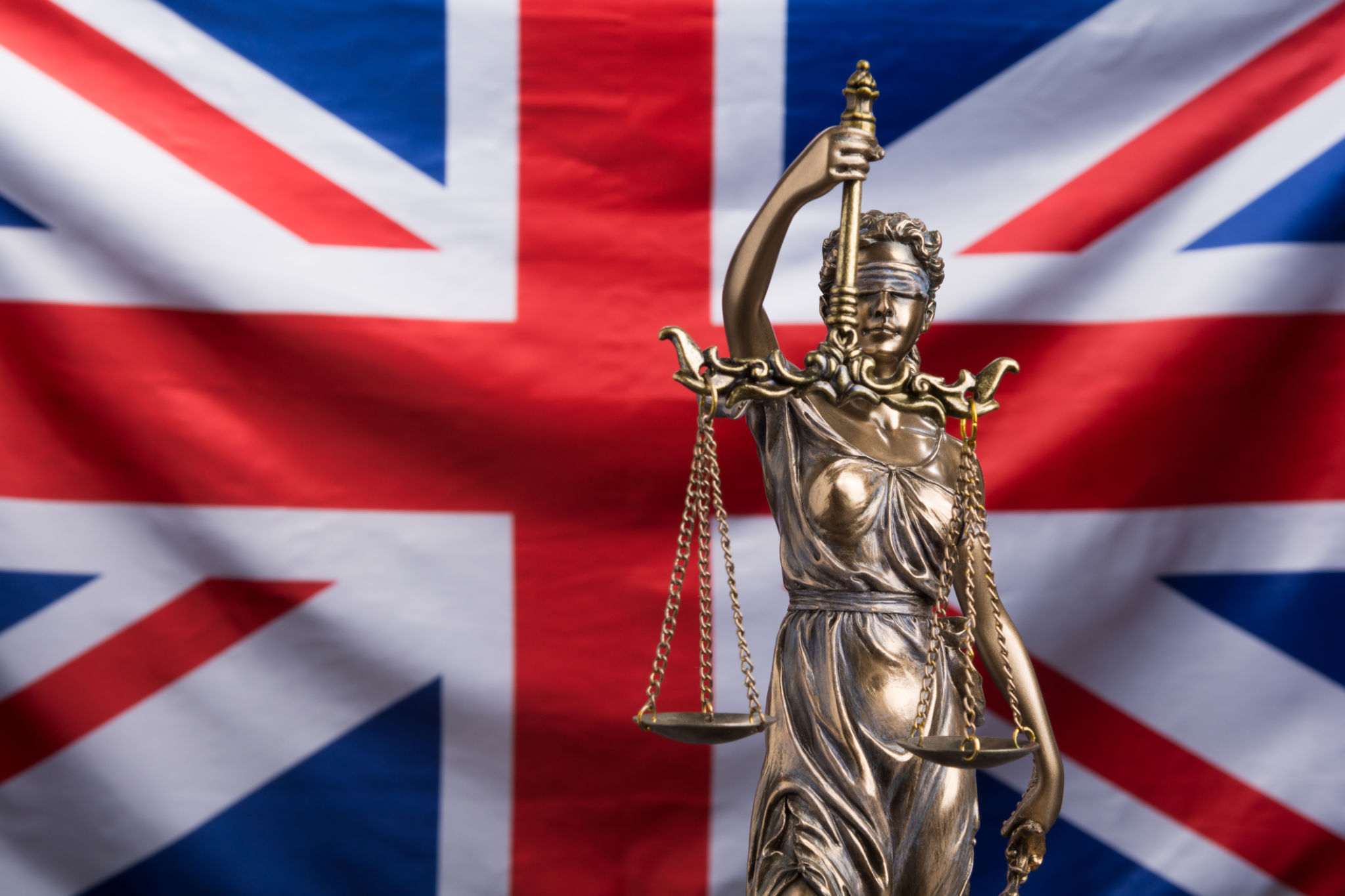Navigating Tokenisation Regulations in the UK: What Businesses Should Know
AF
Understanding Tokenisation Regulations in the UK
The landscape of tokenisation in the UK is evolving rapidly, with businesses increasingly adopting this technology to enhance security and streamline transactions. However, navigating the complex web of regulations can be daunting. It's crucial for businesses to stay informed and compliant to avoid potential legal pitfalls.
Tokenisation involves converting sensitive data into non-sensitive tokens that can be used in place of the original data, reducing the risk of data breaches. While this offers numerous benefits, it also brings certain regulatory responsibilities. The UK's regulatory framework for tokenisation is influenced by both domestic laws and international standards, such as GDPR.

Key Regulations Governing Tokenisation
Several key regulations impact tokenisation practices in the UK. The General Data Protection Regulation (GDPR) is one of the most significant, emphasizing the protection of personal data. Businesses must ensure that tokenisation processes are GDPR-compliant, focusing on consent, data minimization, and security measures.
The Financial Conduct Authority (FCA) also plays a crucial role in regulating tokenised transactions, particularly in the financial sector. Companies must adhere to FCA guidelines to ensure they meet the necessary standards for security and consumer protection. Additionally, the Payment Services Directive 2 (PSD2) influences how payment data is tokenised and handled.

Steps to Ensure Compliance
For businesses looking to implement tokenisation, ensuring compliance with regulations is essential. Here are some steps to consider:
- Conduct a Risk Assessment: Evaluate the risks associated with tokenisation and identify areas that require stringent controls.
- Implement Robust Security Measures: Use encryption, access controls, and regular audits to protect tokenised data.
- Stay Informed: Regularly update your knowledge of regulatory changes and ensure your practices remain compliant.
Working with legal experts and compliance officers can also help businesses navigate the complexities of tokenisation regulations. It's important to document all processes and decisions to demonstrate compliance if audited.

The Role of Technology in Compliance
Technology plays a pivotal role in ensuring compliance with tokenisation regulations. Advanced software solutions can automate many compliance tasks, such as monitoring and reporting. By integrating these tools into their operations, businesses can reduce the risk of non-compliance and enhance their overall security posture.
Moreover, investing in employee training can ensure that all staff members understand their roles in maintaining compliance. This includes recognizing potential security threats and understanding the importance of safeguarding tokenised data.

The Future of Tokenisation in the UK
The future of tokenisation in the UK looks promising, with advancements in blockchain and digital currencies potentially expanding its applications. As regulatory frameworks continue to adapt, businesses must remain agile and responsive to changes.
By staying proactive and informed about regulatory developments, businesses can leverage tokenisation's benefits while minimizing risks. This approach not only protects their operations but also fosters trust among customers and stakeholders.
